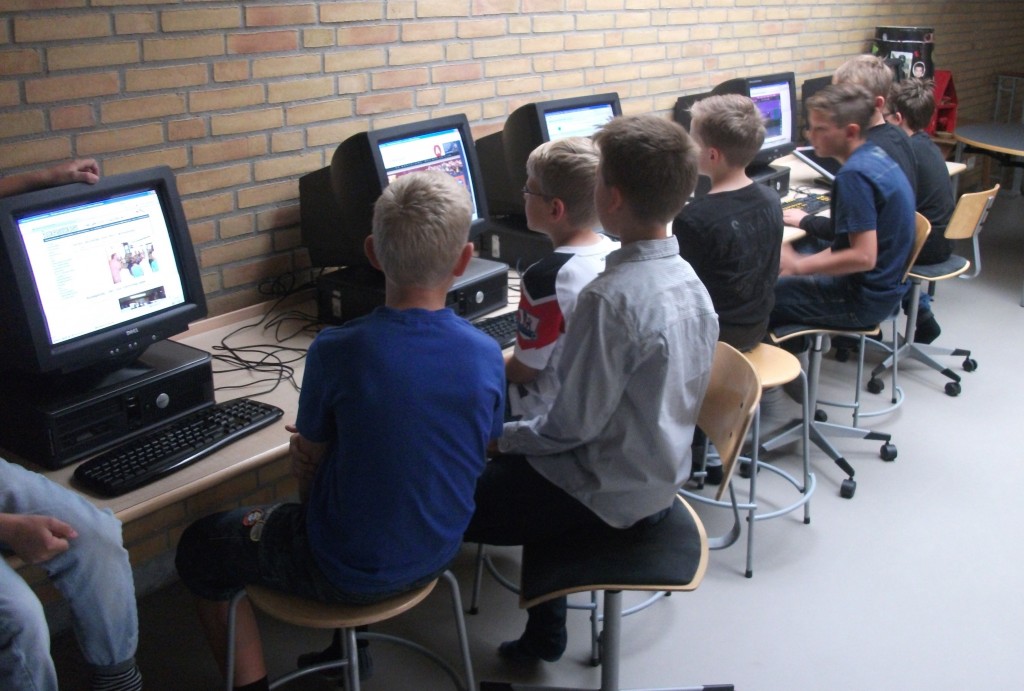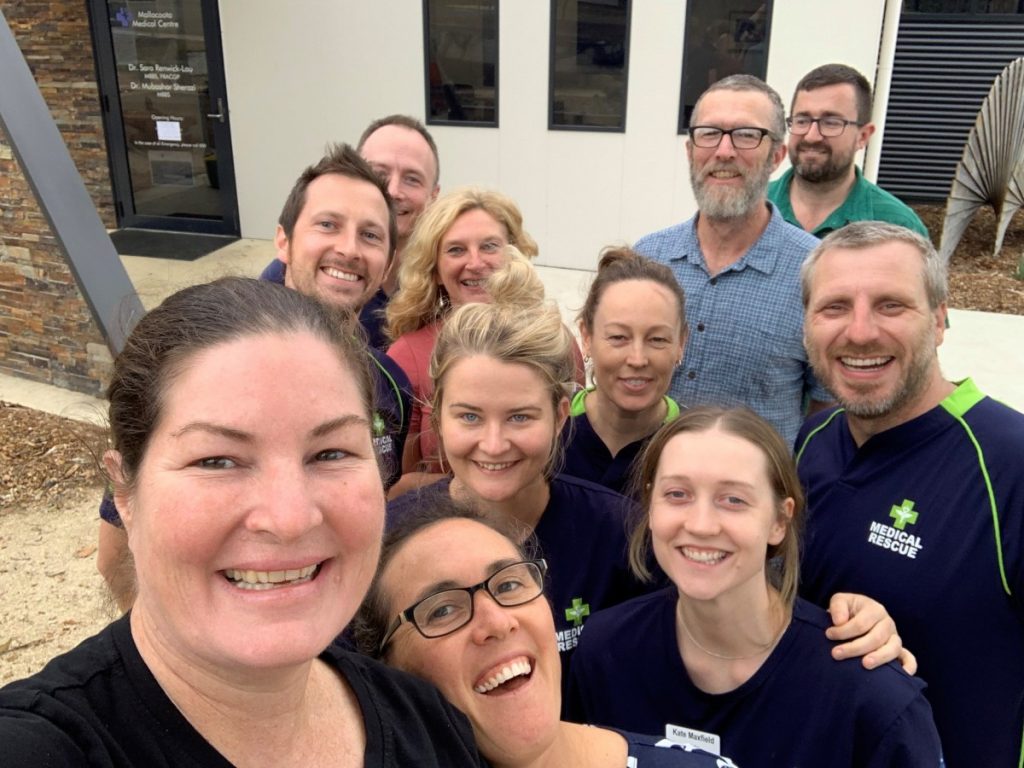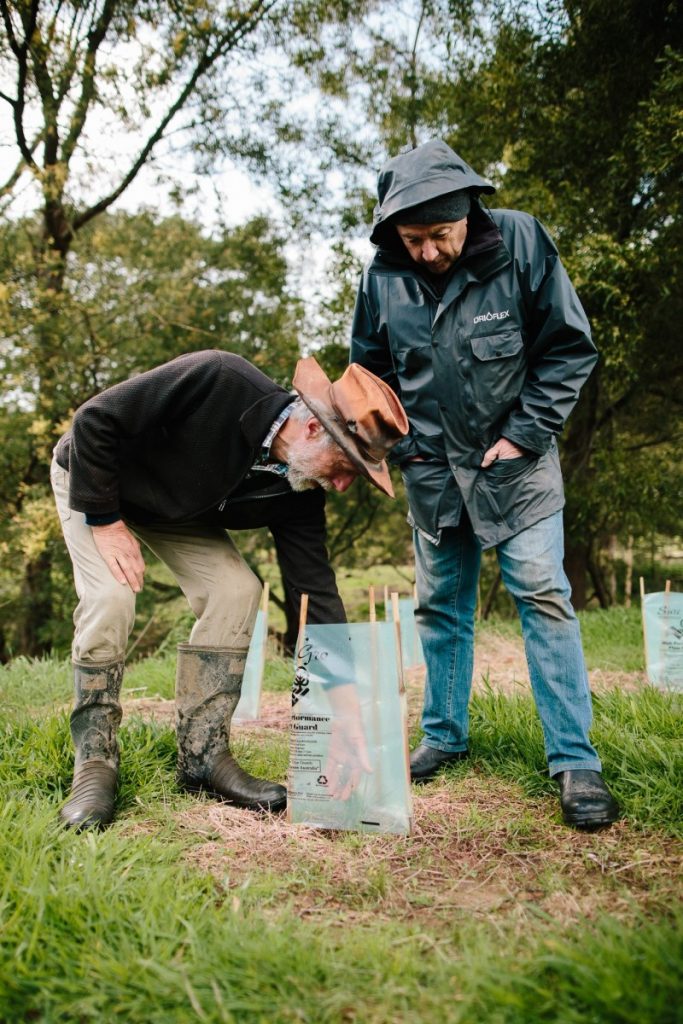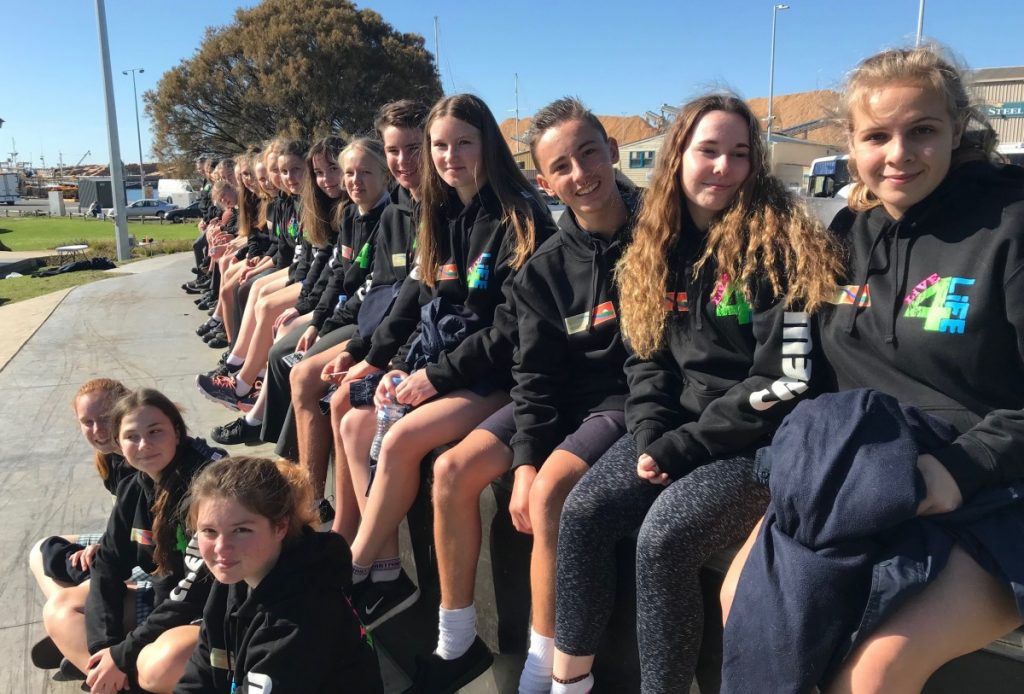
Brophy Family and Youth Services
Education
A collaborative response to youth disengagement in regional Victoria
ProjecteKids: Digital Blended Learning for Rural School Students
Amount$220,000 (total)
Date2007, 2009 & 2012
ProgramEducation
| TRUST OBJECTIVES | PROJECT OBJECTIVES |
|---|---|
| These grants were approved under our previous grants policy | |
| Rural and regional Victoria | Support rural schools to provide improved subject choices, particularly in challenging areas such as VCE subjects, languages and science. |
| Building organisational capacity | Build rural educators’ capacity and skills in using blended learning to improve educational opportunities and outcomes. |
| Extending opportunity | Enhance learning opportunities and outcomes for rural students through a new digital learning framework. |
| Collaboration and partnership | Build partnerships between rural education organisations, Country Eduction Project, Catholic Education Office, Department of Education and Early Childhood Development and key stakeholders. |
New educational challenges quickly add up for eKids
Online classrooms blend digital learning and face-to-face delivery, enabling talented rural students to access extension learning initiatives while helping teachers build their skills.

Image Regional primary school students engage with eKids
Website: www.cep.org.au
“…I was involved in studying biology through the blended learning approach and was able to do my studies with the support of staff and students from other schools…the discussions and knowledge I gained gave me a greater depth of knowledge and different perspectives on biology.” Blended Learning Year 12 student.

Education
A collaborative response to youth disengagement in regional Victoria

Community
Supporting the long term recovery of bushfire affected communities in Rural and Regional Victoria

Past Programs | Arts and Culture
Enabling artists to rebuild after natural disaster

Past Programs | Environment
Protecting endangered species and habitats across South Gippsland

Past Programs | Health
Building organisational capacity to enable sustainable growth
Our grants matrix is a graphical representation of our matched objectives. Each column of circles represents one of the funding criteria, and the colour coded central row represents the program that funding was received in.
Use the interactive example below to see whether your project ticks at least 3 of the 5 objectives.